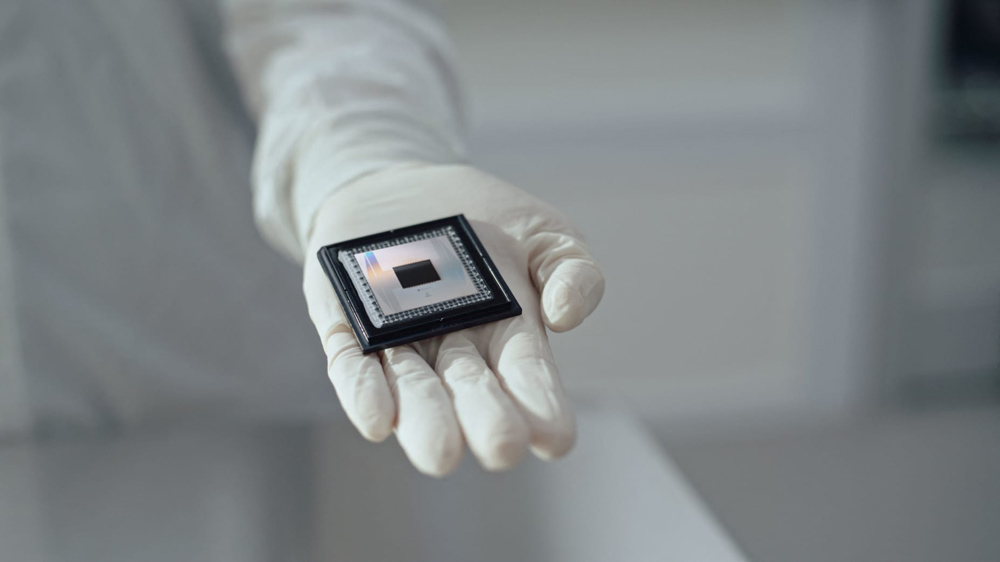Alphabet, the parent company of Google, saw its stock rise by 6% on Tuesday following the announcement of its latest quantum computing chip, Willow. The innovative chip, which represents a significant technological leap, has sparked excitement in the tech world and among investors.
Google’s Quantum Breakthrough: Willow
The Willow chip, unveiled by Google Quantum AI, promises to redefine the field of quantum computing. Unlike traditional semiconductors that rely on transistors, Willow utilizes qubits to represent numbers. This approach allows quantum computers to solve complex problems more efficiently than current technology.
One of the most significant advancements with Willow is its ability to reduce expected errors faster than they appear as quantum systems scale. This addresses a critical bottleneck in the development of quantum computers and paves the way for practical, real-world applications.
Google revealed that Willow marks the second step in its six-step roadmap to building useful quantum computers. While the chip currently features 100 qubits, the company plans to eventually scale up to systems with 1 million qubits—a goal that could revolutionize industries ranging from medicine to energy.
In a blog post, Google stated, “Willow brings us closer to running practical, commercially relevant algorithms that can’t be replicated on conventional computers.” The company also hinted at the profound implications of quantum computing, suggesting that its developments could provide evidence for the existence of parallel universes.
Applications of Quantum Computing
Though quantum computing is still in its infancy, the technology has the potential to transform several industries. Google’s CEO, Sundar Pichai, highlighted its future applications in a post on X (formerly Twitter), saying, “We see Willow as an important step in our journey to build a useful quantum computer with practical applications in areas like drug discovery, fusion energy, battery design, and more.“
However, experts caution that quantum computing’s maturity is still years—or even decades—away. When fully realized, the technology could be used for large-scale simulations, code-breaking, and solving problems that are currently impossible for classical computers.
Support From Tech Leaders
Google’s announcement has received widespread praise from leading figures in the technology industry. Tesla CEO Elon Musk and OpenAI CEO Sam Altman both lauded the breakthrough on social media. Musk even suggested the possibility of creating a quantum cluster in space using SpaceX’s Starship. Pichai responded enthusiastically, fueling speculation about potential collaborations in the future.
Competition in Quantum Computing
Google is not alone in the race to quantum dominance. Other tech giants, including Nvidia, Microsoft, and IBM, as well as numerous startups and academic institutions, are heavily invested in quantum computing research. Each player is striving to overcome the technological challenges that stand between current systems and fully functional quantum computers.
Market Reaction
Alphabet’s announcement has clearly resonated with investors. The company’s stock jumped 6% on the news, reflecting growing confidence in Google’s ability to lead the quantum revolution. Analysts believe that breakthroughs like Willow could position Alphabet as a key player in future technologies, driving long-term growth.











